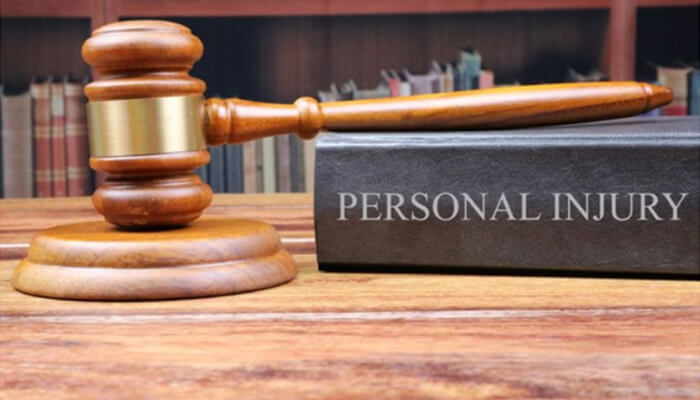Personal injury cases are a core aspect of the legal system. This is true because it gives the victim a chance to seek compensation for damages caused by the negligence of another. From workplace to car accidents, the effects of personal injuries are felt far and wide.
In this article, we shall discuss and answer the seven most common questions about personal injury cases so you can better understand what to do in such a situation. However, be advised that every case is different and that you should consult an experienced personal injury attorney to guide you through the complex legal system.
1. What is a personal injury case?
In simple terms, a personal injury case is a dispute arising from personal harm caused by the negligence of another. Therefore, personal injuries could include those resulting from slips, falls, car accidents, and medical malpractice, among others.
In a personal injury claim, the defendant (liable party) pays compensation worthy of the injury suffered by the plaintiff (the injured). This settlement helps you to cover medical expenses, lost wages, and compensation for your pain and suffering.
2. What are the types of personal injury cases?
As mentioned above, common personal injury cases include car accidents, slip and falls, workplace accidents, and medical malpractice. Remember that the list could go on forever and that this is not the complete list of all personal injury cases because they could be caused by anything.
3. How long would it take to settle a personal injury case?
The settlement timeline could depend on multiple factors, including the extent of your injuries and the parties’ willingness to negotiate a settlement. Therefore, it’s possible for one case to be solved quickly and for a similar case to take a long time before a suitable compensation is agreed upon.
4. How do you tell if your claim is strong enough and legally binding?
Determining your legal position before launching a compensation claim is mandatory. Understanding the severity of your injuries following an accident and determining the circumstances surrounding the accident are equally important.
What this knowledge does is help you identify liability, damages, and viable evidence to help you strengthen your claim.
5. What compensations could you enjoy?
After confirming the severity of your injuries and how they have impacted your life, you could be entitled to compensation covering your medical expenses, lost wages, damaged property, and lost wages.
6. Do you need a personal injury lawyer?
Although it is possible to solve a personal injury case yourself, you limit your chances of getting fair compensation for all your troubles by doing so.
You need an attorney’s legal experience and expertise to investigate and negotiate the maximum compensation you rightfully deserve.
7. What should you expect during the case?
During the trial, the jury will be selected, attorneys will make the opening statements for both sides, witnesses will give their testimonies, and the lawyers will then give their closing statements before allowing the jury to deliberate on the case’s verdict.
After the verdict, you could also file an appeal, depending on the outcome.
In summation, it is important to understand that having various questions following a personal injury cases is normal. We hope the answers to the above questions provide you with some clarity even as you pursue compensation for your damages.
It is also important to keep in mind that every case is different; as such, seeking the assistance of an experienced personal injury attorney is highly advised.



